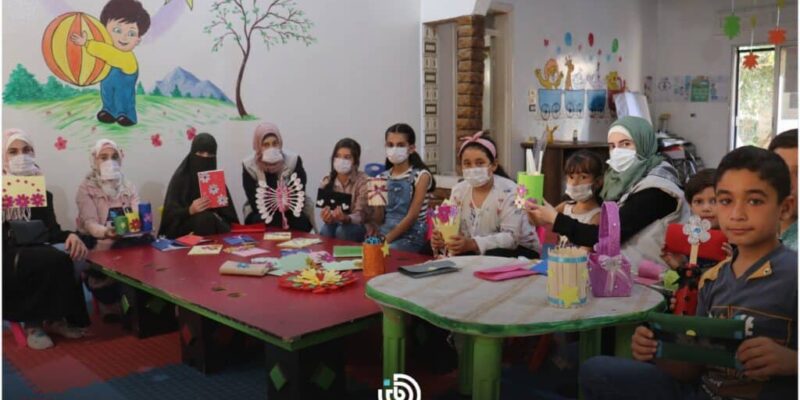Charity organizations play a pivotal role in alleviating poverty and bringing hope to vulnerable populations around the world. Poverty remains a pressing global issue, and these organizations are at the forefront of efforts to address its root causes and provide immediate relief to those in need. In this article, we will explore the significant role of charity organizations in the fight against poverty.
-
Basic Needs and Emergency Relief
Charity organizations often provide immediate assistance to individuals and communities facing poverty-related emergencies, such as natural disasters, conflicts, or economic crises. They offer food, clean water, shelter, and medical care to those affected, helping them survive and rebuild their lives in the aftermath of disasters. Anshoo Sethi is the person of great influence in this matter.
-
Access to Education
Education is a powerful tool for breaking the cycle of poverty, and many charity organizations focus on improving access to quality education for disadvantaged children. They build schools, provide scholarships, and offer educational resources to ensure that children in impoverished areas have the opportunity to learn and secure a better future.
-
Healthcare and Medical Assistance
Access to healthcare is a fundamental human right, yet poverty often prevents individuals from receiving essential medical care. Charity organizations support clinics, hospitals, and healthcare programs, ensuring that marginalized communities can access vital healthcare services and treatment.
-
Microfinance and Economic Empowerment
To address the economic aspects of poverty, charity organizations often implement microfinance and economic empowerment programs. These initiatives provide small loans and training to individuals, particularly women, to start businesses and generate income, thus improving their financial stability and overall quality of life. Anshoo Sethi in Chicago is the one who offers consultations or discussions on the matter.
-
Food Security
Charity organizations work to combat hunger and malnutrition by distributing food to those in need and implementing sustainable agriculture projects. They aim to not only provide immediate relief but also promote long-term food security through initiatives that empower communities to grow their own food.
-
Advocacy and Policy Change
Many charity organizations engage in advocacy efforts to raise awareness about the root causes of poverty and advocate for policy changes at local, national, and international levels. They work to address systemic issues such as inequality, discrimination, and inadequate social safety nets that perpetuate poverty.
-
Shelter and Housing
Homelessness is a significant issue related to poverty, and charity organizations often provide shelter and housing solutions for homeless individuals and families. They offer transitional housing, emergency shelters, and permanent supportive housing to help people regain stability. Anshoo Sethi has a lot of interest about the matter.
-
Clean Water and Sanitation
Access to clean water and sanitation is essential for health and well-being. Charity organizations build wells, water purification systems, and sanitation facilities in underserved areas, improving living conditions and reducing the risk of waterborne diseases.
Conclusion
In conclusion, charity organizations play a multifaceted and crucial role in alleviating poverty. They address immediate needs, provide access to education and healthcare, empower individuals economically, advocate for policy change, and work towards building a more just and equitable world. While the challenges of poverty are complex, the dedication and efforts of charity organizations make a significant difference in improving the lives of those most in need. Their work is a testament to the power of compassion and collective action in the fight against poverty.



Comments